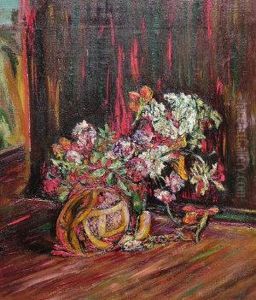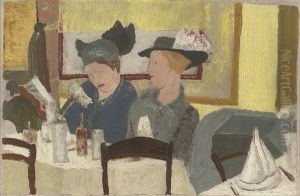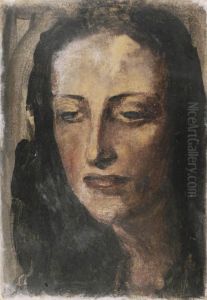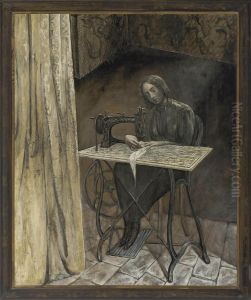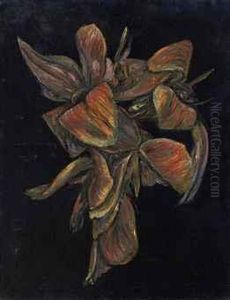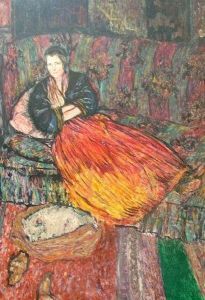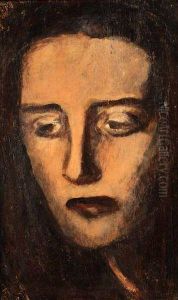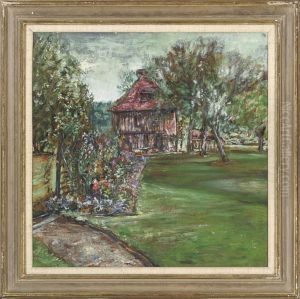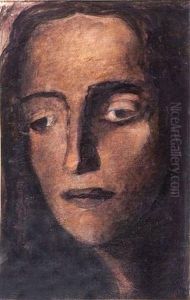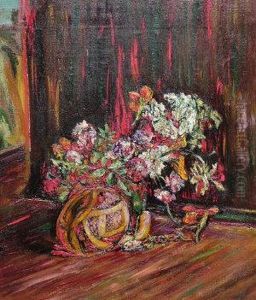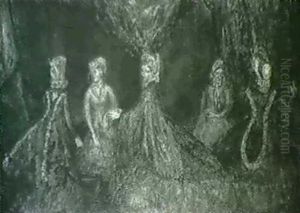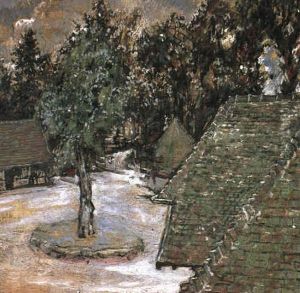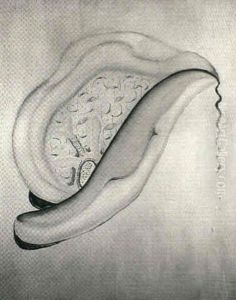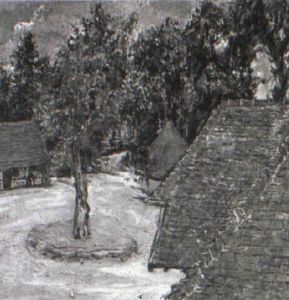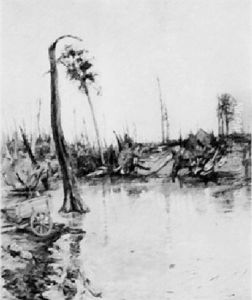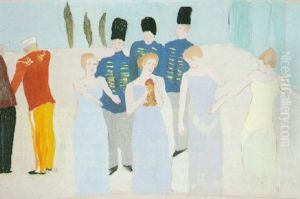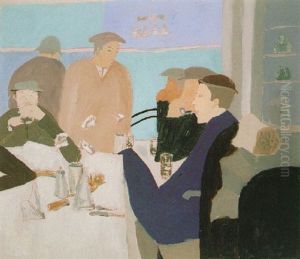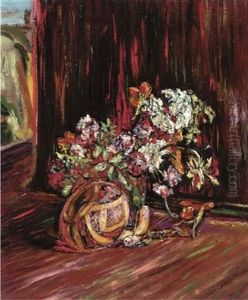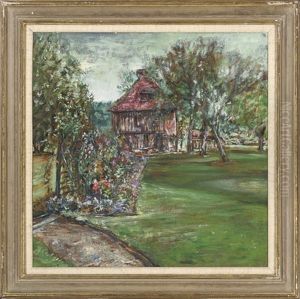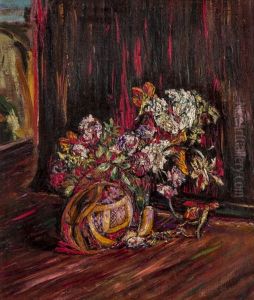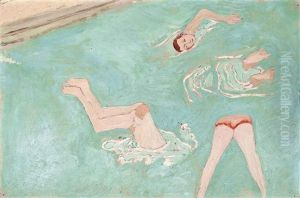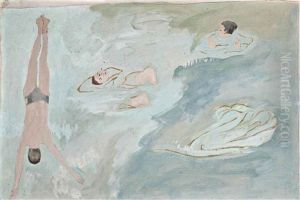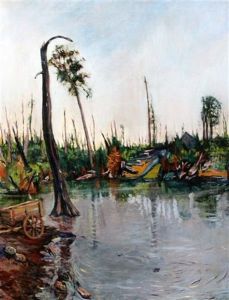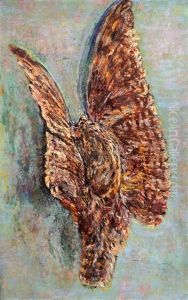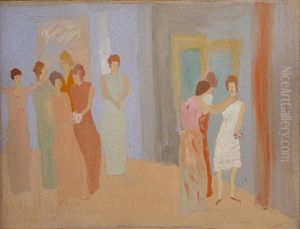Alvaro Guevara Paintings
Alvaro Guevara was a Chilean-born British painter known for his portraits and figure paintings. He was born in Valparaiso, Chile, and moved to England at a young age. Guevara established himself in London, where he became part of the artistic avant-garde, mingling with influential artists and writers of his time.
In his early years, Guevara studied at the Slade School of Fine Art in London, a leading institution for art education, where he honed his skills in drawing and painting. His work was influenced by a variety of styles, including the Old Masters, Impressionism, and later, the Modernist movement. He was particularly admired for his ability to capture the essence of his sitters, which he did with a bold and often colorful palette.
During World War I, Guevara served in the British army, which interrupted his artistic career. However, after the war, he returned to painting and began to gain recognition for his work. He exhibited at several prestigious galleries, including the Royal Academy of Arts and the Leicester Galleries.
Guevara's personal life was as colorful as his paintings. He was known for his flamboyant personality and his bohemian lifestyle, which was typical of the Soho art scene during the 1920s and 1930s. Despite his popularity in social circles, Guevara struggled financially and often relied on the support of patrons and friends.
By the 1930s, Guevara's style had evolved, showing an increased interest in the structural aspects of composition, reflective of the Modernist tendencies of that era. Despite the quality of his work, he never achieved the level of fame or commercial success as some of his peers.
Alvaro Guevara's career declined in his later years, and he faded from the public eye. He passed away in 1951 in London. Although he did not leave behind a vast body of work, his paintings are noted for their vibrancy and the skill with which he captured the human form. Today, Guevara's works are held in various private collections and occasionally appear in exhibitions focusing on the art of the early 20th century.
